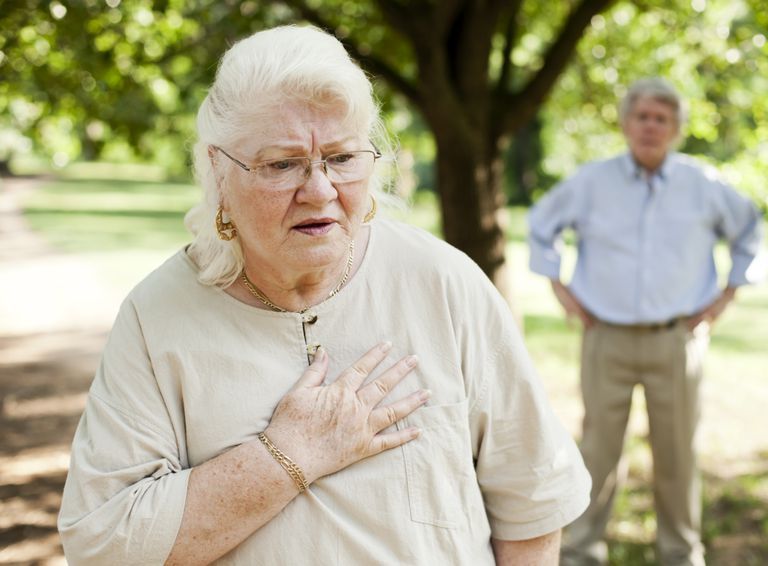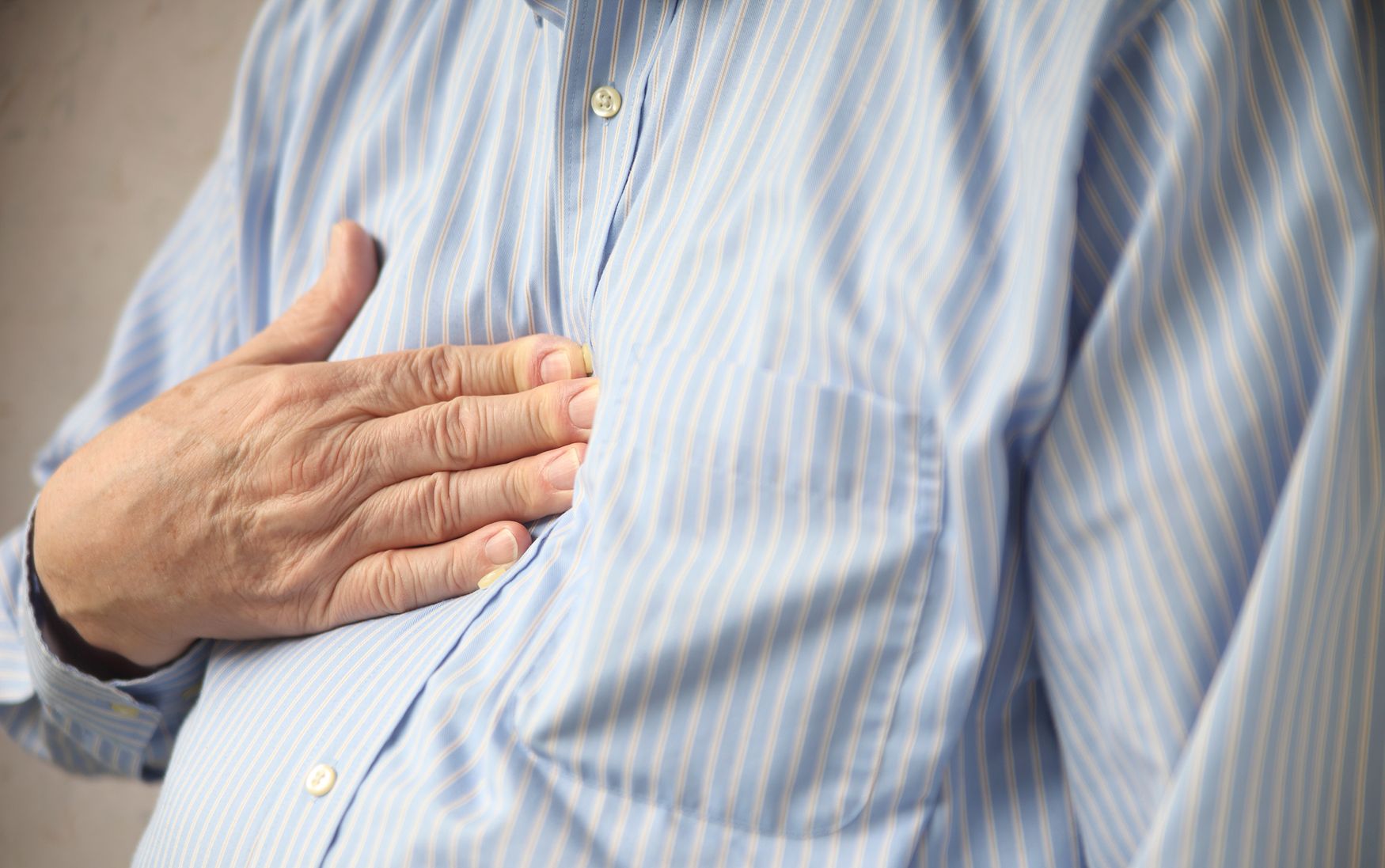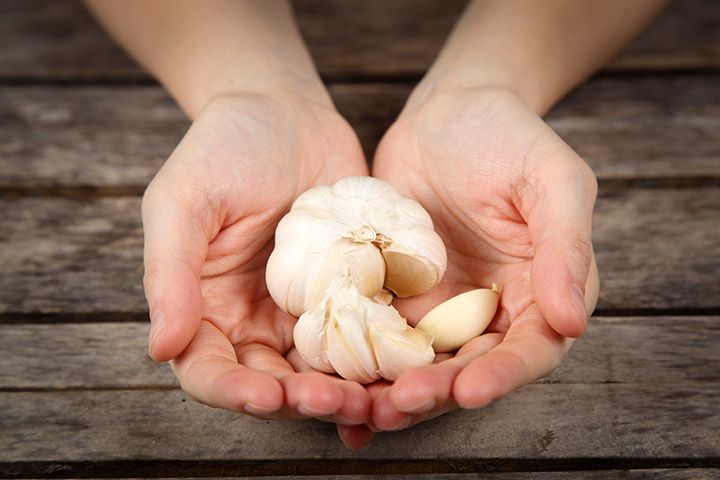As people grow older, the importance of maintaining a healthy lifestyle is essential to reducing the risk of developing health problems.
One of the most common illnesses is heart disease, with one million Americans suffering from a heart attack each year.
Although we've been informed of the obvious indicators to look out for, there are also more subtle signs the public should know.
Here are seven silent warning signs of a heart attack everyone should be aware of.
The warning signs
1. Fatigue
While we might chalk up being tired to just having a busy day, it may be a sign of something much more serious.
According to Dr. Stacey E. Rosen, a Go Red For Women cardiologist at North Shore-LIJ Health System, feeling fatigued is a common symptom of a heart attack, especially for women.
"In my 25 years of practice, people on the verge of a heart attack report feeling tired and not able to do their usual activities," Rosen said, add that when a person experiences a heart attack, the blood flow to the heart will reduced, forcing the muscle to undergo extra stress, thus resulting in a feeling of exhaustion.
Since this symptom is often overlooked, Dr. Annapoorna Kini explained that if you feel uncomfortable, you should your doctor for an electrocardiogram (EKG).
"Sometimes when people present with lethargy, doctors won't immediately order an EKG, which can detect a heart attack; but you should request one from your doctor, just to be safe," Kini said.
2. Shortness of breath
Although it's normal to feel a shortness of breath after running to catch a bus or going up a flight of stairs, if you're gasping for air when you typically shouldn't be, there should be cause for concern.
The Mayo Clinic asserts that since the heart transports oxygen through your body and removes carbon dioxide from your tissues, blocked blood flow would impede on a person's ability to breathe.
"Women especially tell me that walking up steps or carrying groceries they noticed feeling fatigued or breathless when they normally wouldn't," Rosen shared.
3. Arm, back and chest pain
If you're feeling pain or discomfort in any of these three areas, there's certainly a cause for concern.
Even if the pain you feel isn't similar to the typical chest heaviness associated with heart attack, it's a feeling that shouldn't be ignored.
When you're experiencing a heart attack, a blocked artery will cause the heart cell muscles to lose oxygen, forcing your muscles send off pain signals throughout your nervous system.
"I've had patients say they only felt the pain when they were working out, so they assumed it was just from exercise, but that's not right," Rosen said. "If the symptom is something new, that's worrisome and you should see a doctor."
4. Heartburn
While having occasional heartburn or giving out a belch after a big meal shouldn't be a cause of alarm, if it's an out of the ordinary feeling, seek medical attention as soon as possible.
Heartburn often shares the same characteristics of a heart attack, which include a lack of blood flow to the organ.
5. Stomach pain
Even though people can have stomach pain for any number of reasons, symptoms of a heart attack as they often mimic other stomach issues such as nausea, vomiting, or overall gastrointestinal upsets.
"If you don't feel well, always call your doctor. It could be that taco you had at 10 p.m. but it can also be a heart attack, which could turn out to be catastrophic," Rosen said.
6. Throat, neck, or jaw discomfort
Another indicator of a heart attack is feeling discomfort in the throat and jaw, and a tightness in your throat.
According to Rosen, people with diabetes should be more cognizant of these signs since they're less likely to notice other symptoms such as chest pain.
7. Intuition
One thing Rosen reiterates is that even if you're hesitant of seeking medical attention, it's important to listen to your intuition.
"Heart attack patients have told me they have a feeling of doom"”like something's just not right," she said. "Listen to that little voice in your head. If something feels off, it's always better to be overly cautious and call a doctor."
The National Health Service (NHS) adds that just because an individual doesn't experience all of the symptoms, it doesn't mean they can rule having a heart attack right off of the table.
"It's important to stress that not everyone experiences severe chest pain; the pain can often be mild and mistaken for indigestion," the NHS added. "It's the combination of symptoms that's important in determining whether a person is having a heart attack, and not the severity of chest pain."
Prevention
Even if there's a history of heart disease in your family, there are preventive measures one can take to mitigate the risk of a heart attack, such as eating garlic.
"Eating garlic regularly is not only good for us; it has been linked to reducing or even helping to prevent four of the major causes of death worldwide, including heart disease, stroke, cancer and infections," said nutritionist Dr. Josh Axe.
"Probably the most amazing characteristic of garlic is that it's been shown to help reverse early heart disease by removing plaque buildup in arteries," he added.
According to a 2016 U.S. study, the bulb's extract can reduce the the amount of plaque in arteries.
"This study is another demonstration of the benefits of this supplement in reducing the accumulation of soft plaque and preventing the formation of new plaque in the arteries, which can cause heart disease," said Dr. Matthew Budoff, one of the study's lead researchers.
"We have completed four randomized studies, and they have led us to conclude that aged garlic extract can help slow the progression of atherosclerosis and reverse the early stages of heart disease," he continued.
The research also claims that since berries are an excellent source of vitamin C, consumers will protect their cells from oxidative stress.
"Berries are excellent sources of plant chemicals known as anthocyanins, which seem to lower blood pressure and make blood vessels more flexible," the study read.
For more health concerns to look out for, familiarize yourself with these warning signs:
- 4 Signs You Have Tonsil Stones And How To Treat Them
- Summer Is Here: Learn The 7 Signs Of Heatstroke Most People Miss
- 10 Signs of Hypothyroidism Most Women Ignore, But Really Shouldn't
[H/T: Reader's Digest, Express]










